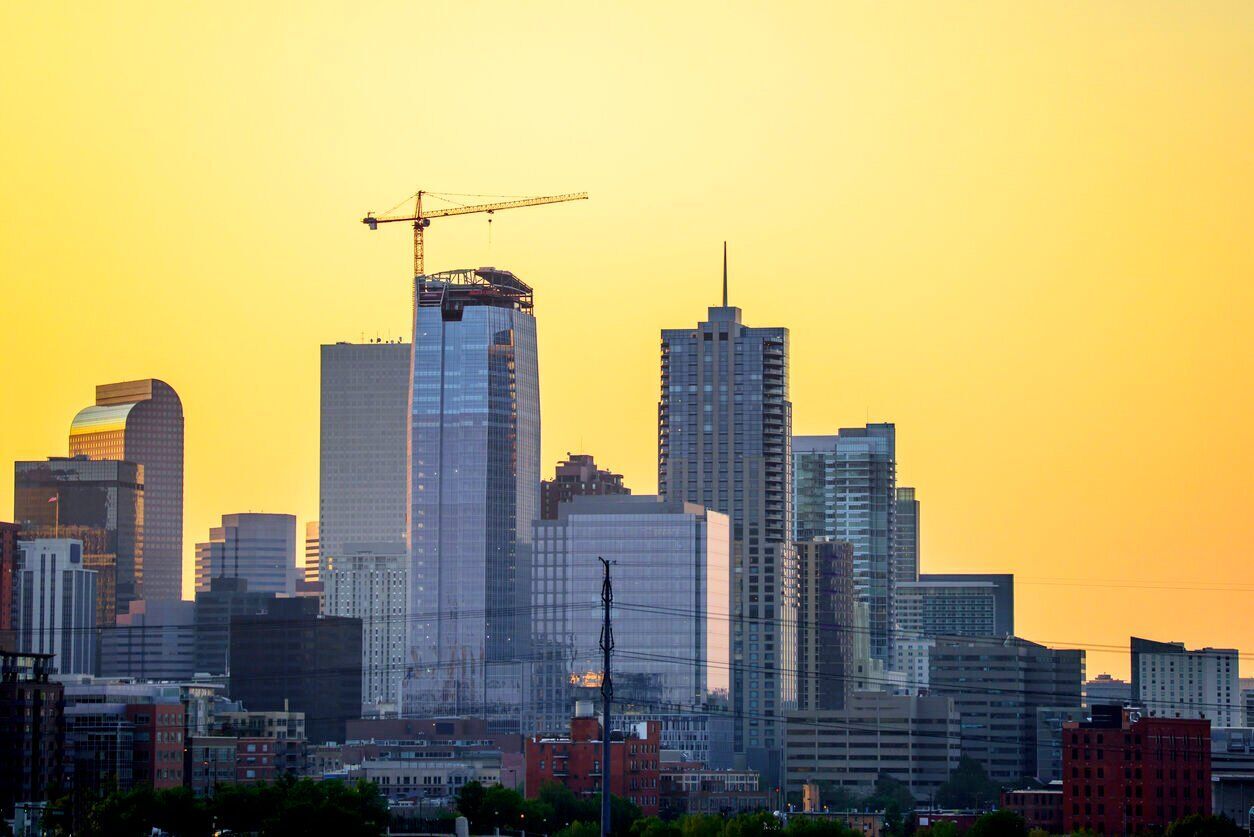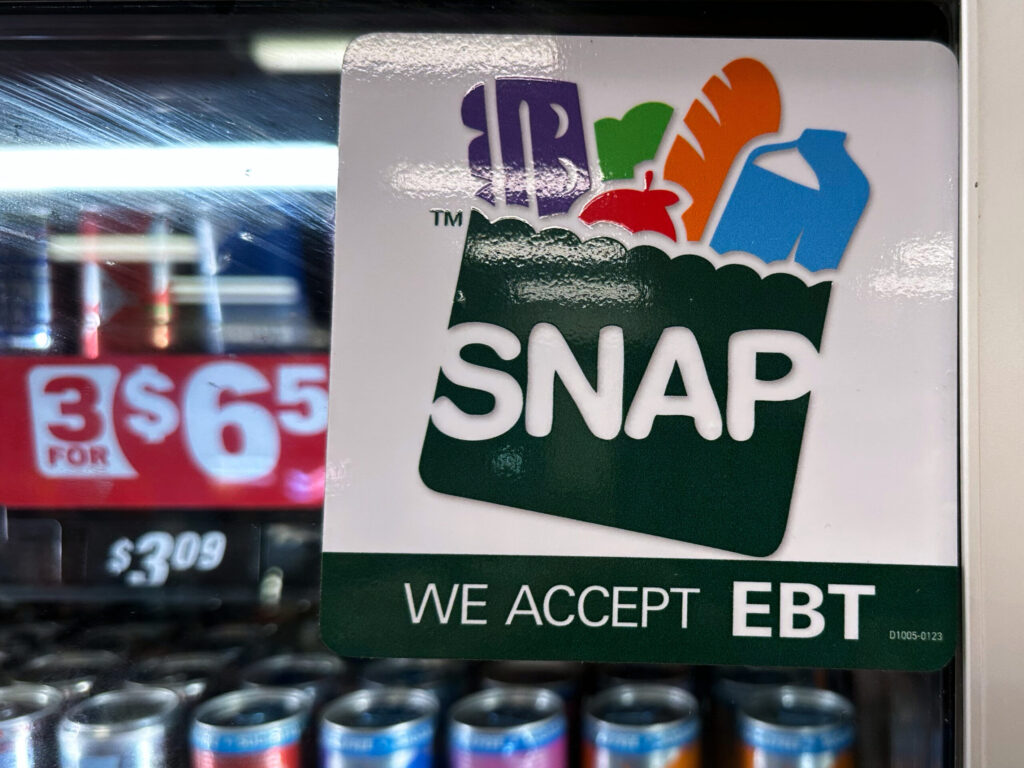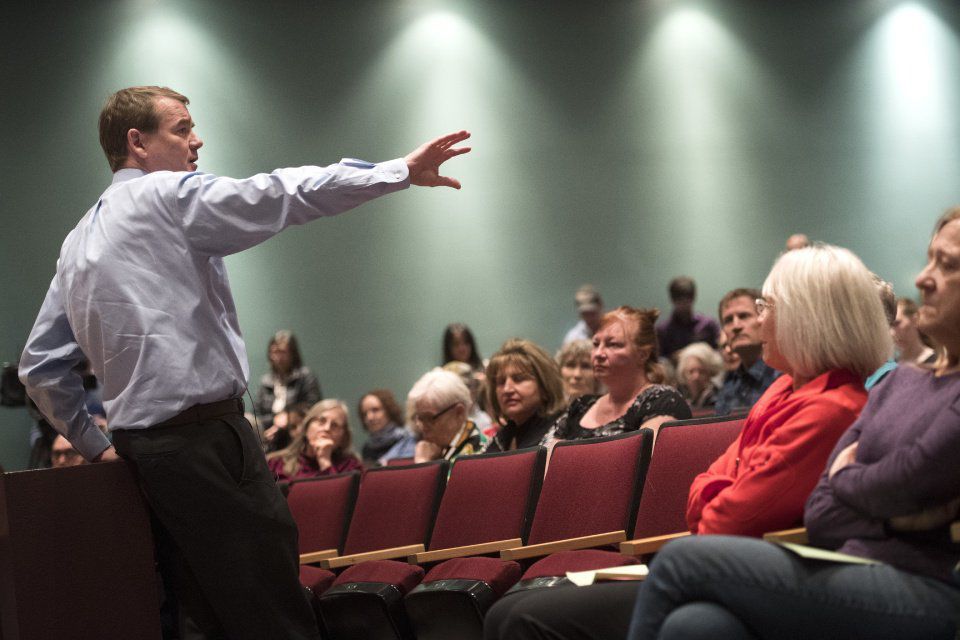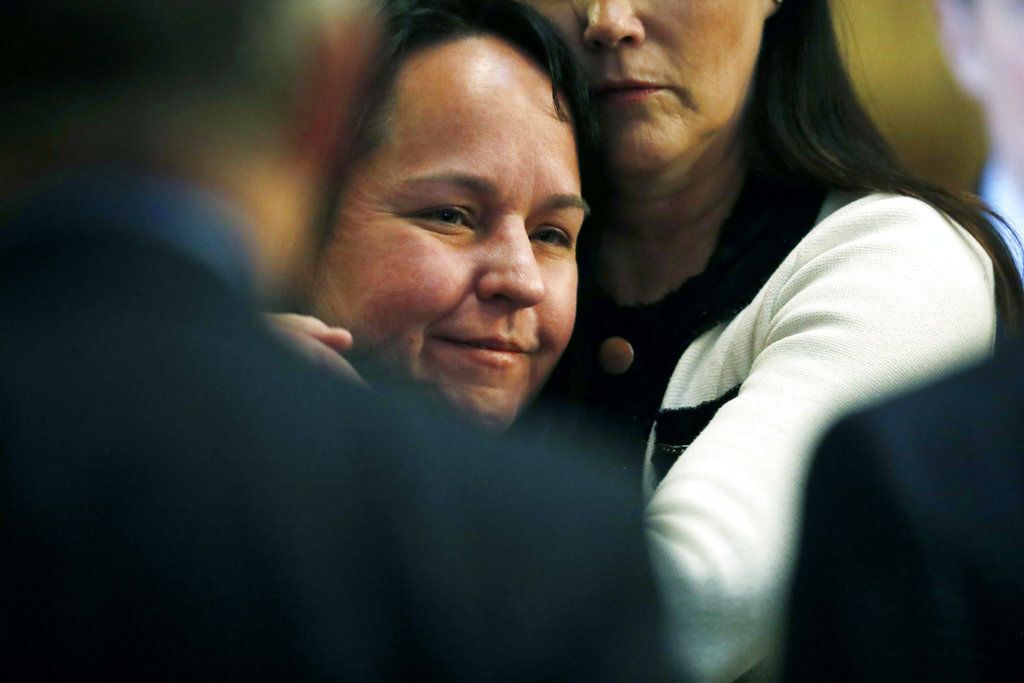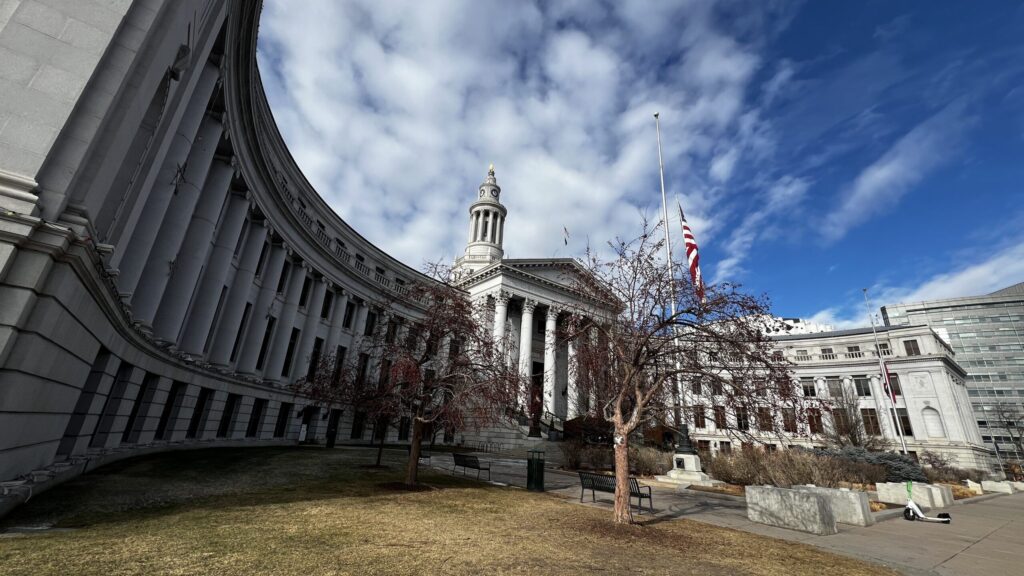Denver gets tough on unlicensed landlords, but signups lag behind

Denver’s Department of Excise and Licenses, the city’s arm that licenses everything from pedal cabs and tattoo artists to liquor stores and pot dispensaries, is five months into its largest-yet regulatory expansion: Seeking to license the city’s 123,000 multifamily homes and apartments.
As of Monday, the city had issued $150 administrative citations to 46 apartment property owners deemed in violation of the Healthy Residential Rentals for All law, which went into effect Jan. 1. The regulation was passed by Denver City Council two years ago.
According to Excise and Licenses officials, property owners who fail to comply could be subjected to a fine of $500, with a $999 fine to follow.
“The fines do not increase after they hit $999, but $999 fines can be issued daily at that point,” said Eric Escudero, communications director?for Excise and Licenses, in an email to The Denver Gazette May 11.
There are an estimated 25,000 multifamily properties in the city, including larger ones with dozens or hundreds of individual units.
“The clock is ticking for other landlords that previously received notice of violations that they will be fined soon if they don’t get in compliance in Denver’s effort to dramatically increase minimum rental housing standards across the Mile High City,” Escudero said.
That compliance involves obtaining an inspection of the property at the owner’s expense – estimated by one of the city’s providers to cost from $50 to $200 per inspection – followed by a city license fee of $100 covering two to ten units, or $250 for 11 to 50 units, or $350 for 51 to 250 units.
Escudero said that the first owners who received citations were ones that had drawn previous complaints by renters to Denver’s Department of Public Health and Environment, the agency that monitors those issues in rental properties.
All recipients of those had received a written warning about compliance at least 60 days prior, Escudero noted.
“If you are a slumlord, it’s about to get much more difficult to operate in the Mile High City,” Escudero said in a prior interview in early November during the rollout.
But the largest trade association representing Denver city apartment owners objected to the characterization, and says that the rollout has made it difficult for landlords to comply in a timely fashion.
“I don’t think (slumlord) is an appropriate categorization,” Drew Hamrick, general counsel for the Apartment Association of Metro Denver, told The Gazette Monday. Hamrick noted that according to the association’s understanding, the city receives around 1,200 complaints about rentals annually.
“Providing housing is hard work,” Hamrick said. “You have to stick your neck out and take financial risk. There are people out there who think that assembling capital and taking risks is a bad thing, but that’s the way our system works.”
The rental licensing program has components that have proven glitchy, he said, and that have made it difficult for many housing providers to comply – starting with requiring the inspections before granting the license.
“If you have to have the inspection first, it seems backward to me,” Hamrick said, noting the relatively small percentage of total units that end up generating complaints.
Through the rollout, the city’s messaging has underscored the necessity of providing minimal standards for rental properties.
“The city gets complaints every single day,” Escudero said, noting that issues raised with Public Health ranged from black mold to plumbing issues. “Every complaint is investigated. It’s important to know we’re talking about basic standards – no broken windows, a functioning heater,” he continued. “It’s unfortunate there even needs to be a standard.”
He went on to note that the department was hopeful they wouldn’t encounter a landlord refusing to make repairs or upgrades; but if that occurred, an owner could be subject to having their rental license revoked. In that instance, renters would not be displaced immediately and would be allowed to live out their leases.
As of Monday, 142 days after the law took effect, the city says it has issued 4,083 multifamily licenses, out of the estimated 25,000 properties that need to comply.
“This is already the second-largest-by-volume business license issued in Denver,” Escudero said. “We anticipate the residential rental license will become the largest by volume amount of active business licenses in Denver within around 60 days.”
Escudero added that the city was rapidly processing applications, and that its list of 45 inspection firms was promptly carrying out inspections for owners requesting them. Just 10% of a multifamily property’s units are required to have an inspection, to be selected randomly.
“When the city started licensing short term rentals it had a compliance rate of 30%. Now it’s about 80%,” Escudero said, referring to Airbnb type rentals that had come under city regulation in 2017.
But five months into compliance, with less than a quarter of properties shown as having completed the process, inspectors privately express doubts that the city can keep pace if the number of inspections began reflecting the numbers of unlicensed owners still out there, in violation of the law.
“If you wait, you’re never going to get an inspection,” said Andy Rhodes, owner of CCI LLC, an inspection firm listed among the city’s references, who has already done a large number of apartment inspections. “How are 45 guys supposed to inspect 35,000 homes?”
Rhodes listed other doubts about the rollout, including whether the city had done an adequate job of informing owners of the new requirements.
“Denver has much stricter requirements to be a qualified inspector than is reasonable or was likely intended,” said AAMD’s Hamrick, commenting on the number of inspection firms enrolled.
Meanwhile, the department is preparing an additional, equally ambitious expansion into rental housing regulation at year end. That’s when the law is expanded to include single-family rental homes and condos-a volume that the city estimates could total 25,000 units, and that private interests suggest could be a higher number still.
All of those single-family rentals in Denver will be required to have their own inspections before completing the licensing procedures. Aside from fees for the individual inspections, city license fees for single family rentals will run $50, plus a one-time application fee of $50 – discounted to $25 if a single-family landlord applies this year.
Some property owners are already taking advantage of the discount – 2,138 single-unit licenses had already been issued as of Monday, according to the city. The license will be good for four years before needing to be renewed.
How will the licensing process and the associated costs for housing providers play out in the broader market, at a time when both the city of Denver and the state of Colorado are struggling to increase housing supply?
In an FAQ on the city’s website, officials seek to allay fears on whether costs will be passed on to renters and increase their housing costs.
“The license is valid for four years and the fees were intentionally kept as low as possible,” according to the website. The inspections are designed to check only for minimum, existing and required health and safety standards so as not to overburden the rental market.”
Excise and Licenses’ Escudero said that he has previously heard questions as to whether the program could negatively affect the market.
“We never hear a restaurant owner saying that (the cost of a public health inspection) will be passed on to the customer,” Escudero continued. “Why should it be any different?”
He added that as history looks back on the expansion, people might view it as one of the most beneficial laws ever enacted in the city.
But AAMD’s Hamrick questioned the timing of the venture, at a moment when market forces are conspiring to limit the supply that builders and other housing providers are offering to buyers and renters.
“The secret is to get people to enter in that transaction, and we’ve seen how much there is that discourages people to do that,” Hamrick said.
The city has the rental license procedures, including lists of inspectors and items requiring inspection, up at DenverGov.org, search “residential rental property.”
